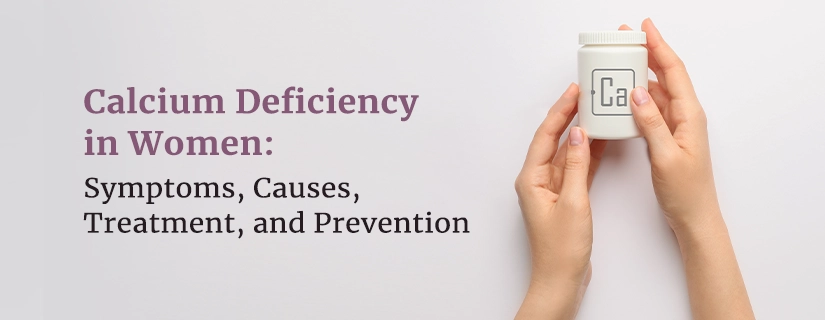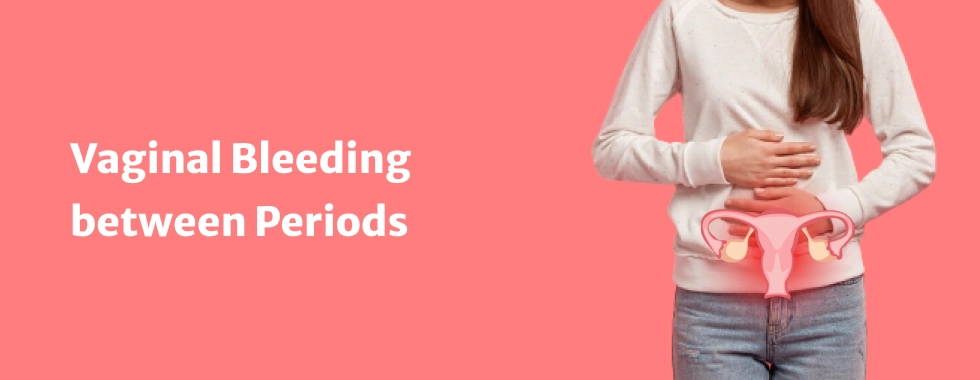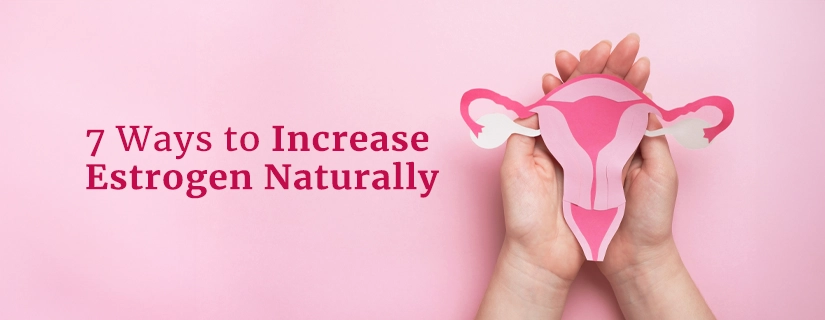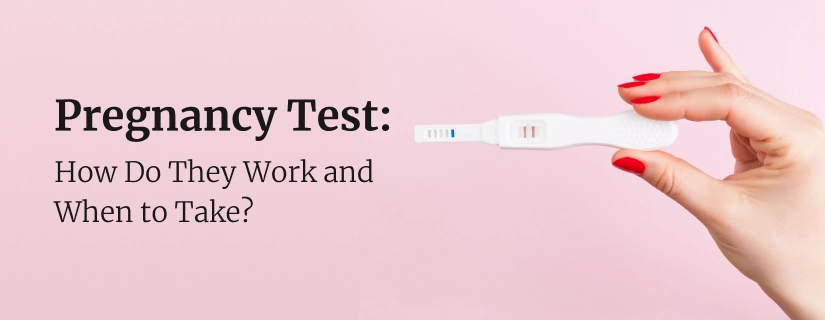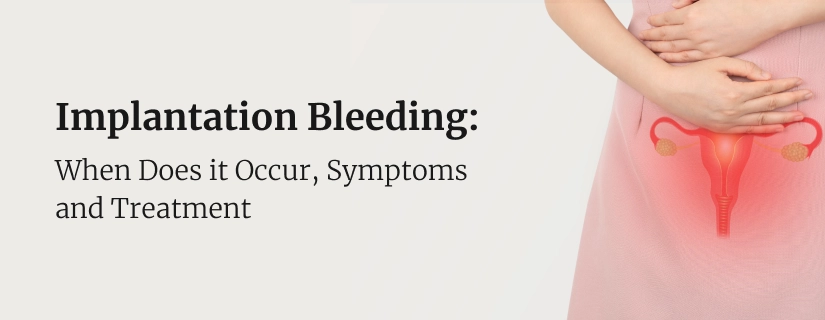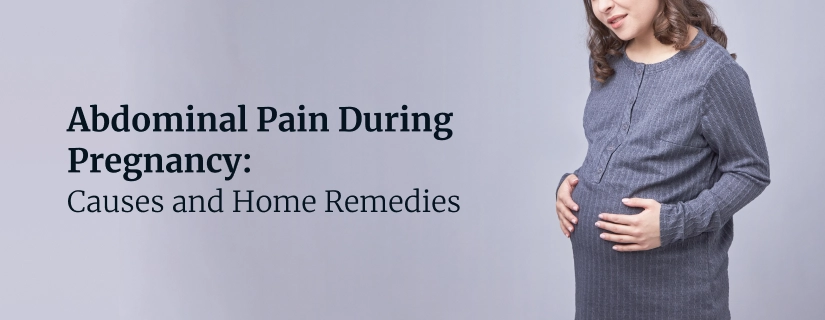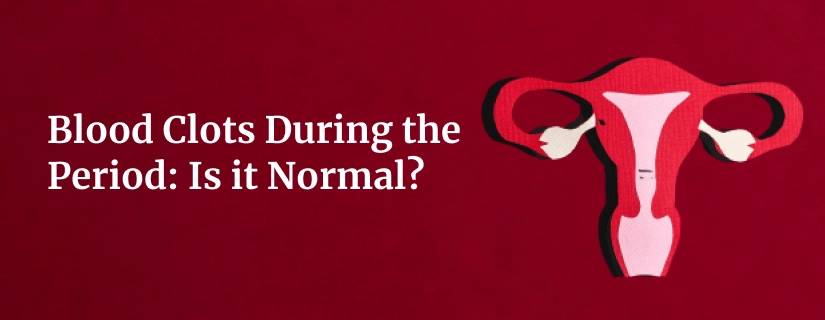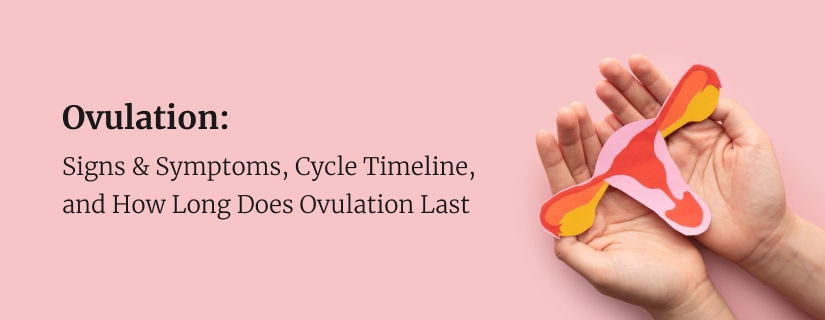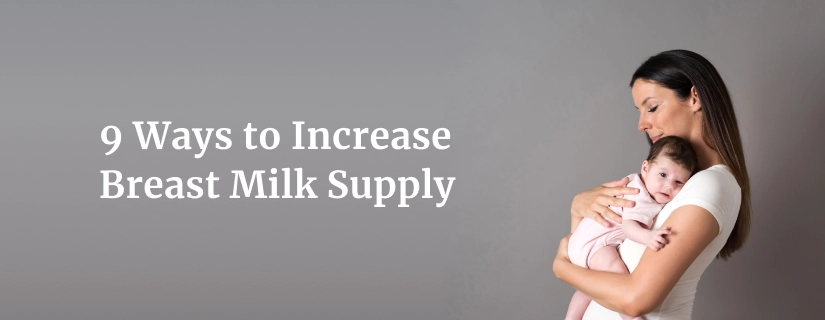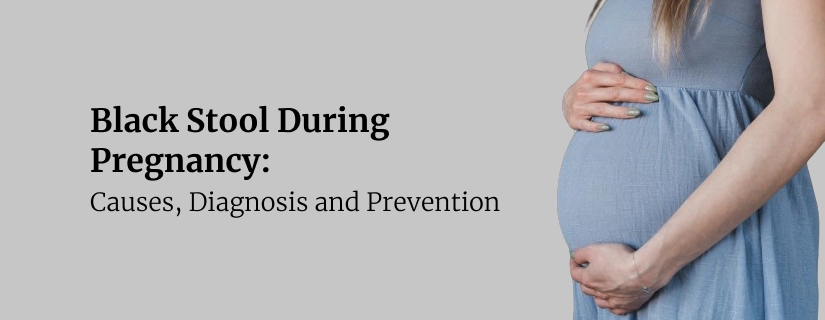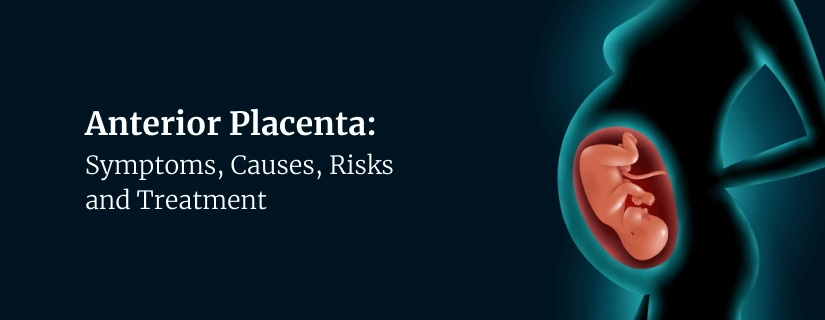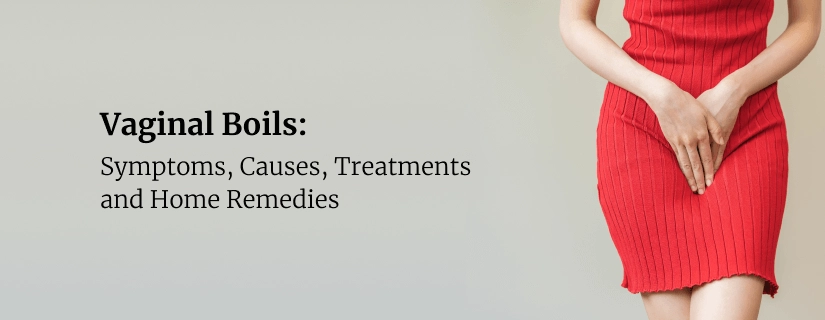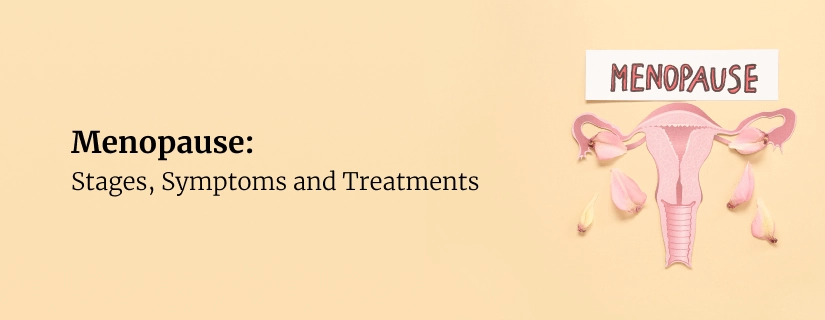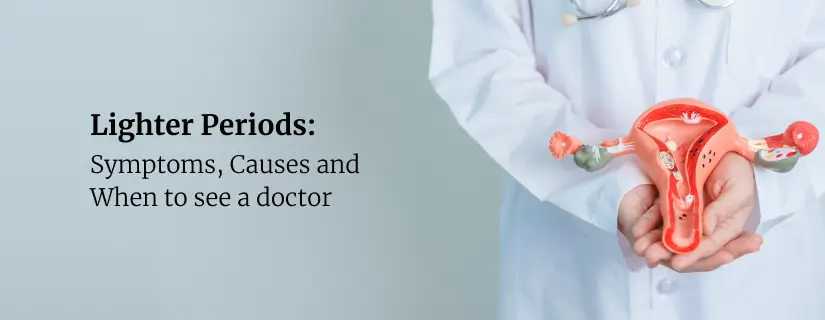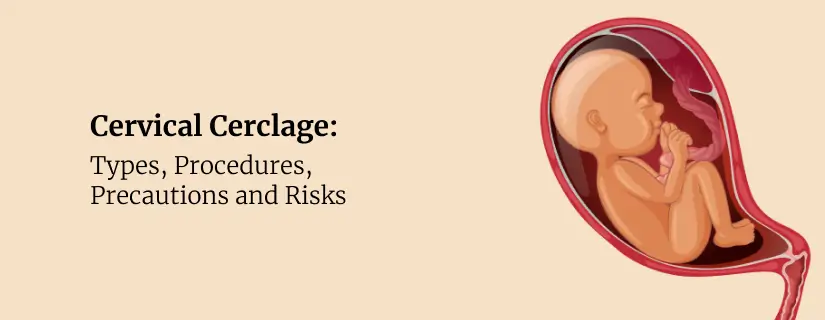-
Doctors
-
Specialities & Treatments
Centre of Excellence
Specialties
Treatments and Procedures
Hospitals & Directions HyderabadCARE Hospitals, Banjara Hills CARE Outpatient Centre, Banjara Hills CARE Hospitals, HITEC City CARE Hospitals, Nampally Gurunanak CARE Hospitals, Musheerabad CARE Hospitals Outpatient Centre, HITEC City CARE Hospitals, Malakpet
HyderabadCARE Hospitals, Banjara Hills CARE Outpatient Centre, Banjara Hills CARE Hospitals, HITEC City CARE Hospitals, Nampally Gurunanak CARE Hospitals, Musheerabad CARE Hospitals Outpatient Centre, HITEC City CARE Hospitals, Malakpet Raipur
Raipur
 Bhubaneswar
Bhubaneswar Visakhapatnam
Visakhapatnam
 Nagpur
Nagpur
 Indore
Indore
 Chh. Sambhajinagar
Chh. SambhajinagarClinics & Medical Centers
Book an AppointmentContact Us
Online Lab Reports
Book an Appointment
Consult Super-Specialist Doctors at CARE Hospitals
What is the difference between PCOD and PCOS?
Updated on 19 July 2023
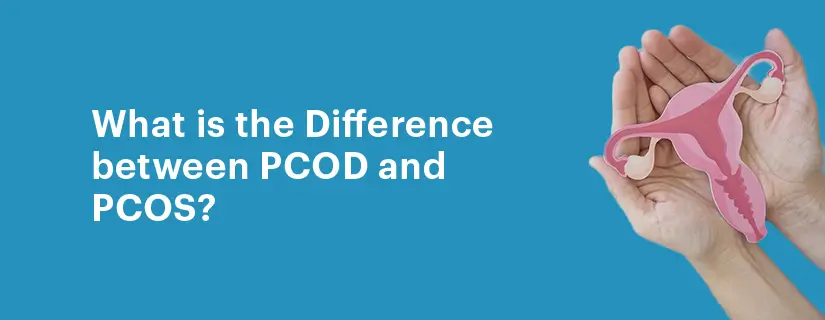
You might be aware of the terms PCOD and PCOS and even use them interchangeably at times. However, you should know that these two terms are different and need to be treated separately. Polycystic ovary syndrome (PCOS) and polycystic ovary disease (PCOD) are two distinct but closely related hormonal disorders that affect many women worldwide. Despite the similarity in names, it is crucial to understand the differences between PCOD and PCOS to ensure accurate diagnosis, appropriate treatment, and effective management. In this article, we will delve into the characteristics, symptoms, and implications of both conditions.
What is PCOD: Polycystic Ovary Disease?
Polycystic ovary disease (PCOD), also known as polycystic ovary syndrome (PCOS), is a hormonal disorder characterized by multiple small cysts on the ovaries. However, PCOD is often used to describe the ovaries' structural appearance, while PCOS refers to a broader clinical syndrome encompassing multiple symptoms and hormonal imbalances.
Symptoms of PCOD can vary but commonly include irregular menstrual cycles, ovarian cysts, and hormonal imbalances leading to excess androgen (male hormone) production. This hormonal imbalance can result in symptoms such as acne, excessive hair growth (hirsutism), and weight gain. Women with PCOD may also experience fertility issues due to irregular or absent ovulation.
What is PCOS: Polycystic Ovary Syndrome?
Polycystic ovary syndrome (PCOS) is a more comprehensive term that encompasses not only the structural aspects (multiple cysts) seen in PCOD but also the associated symptoms and metabolic abnormalities. PCOS is diagnosed when a woman experiences at least two of the following three criteria:
- Irregular or absent menstrual cycles: Women with PCOS often have infrequent periods or may experience long gaps between cycles
- Hyperandrogenism: This refers to the excess production of androgens, leading to symptoms like hirsutism, acne, and male-pattern hair loss
- Polycystic ovaries: Ultrasound imaging may reveal the presence of multiple small cysts on the ovaries, contributing to the diagnosis of PCOS.
Furthermore, PCOS is associated with metabolic disturbances, such as insulin resistance, which can lead to difficulties in regulating blood sugar levels and an increased risk of developing type 2 diabetes. Women with PCOS may also have higher levels of cholesterol and triglycerides, increasing their risk of cardiovascular disease.
Difference Between PCOD and PCOS
The main distinction between PCOD and PCOS lies in their scope. PCOD focuses on the structural aspect of multiple cysts on the ovaries, whereas PCOS encompasses the broader clinical syndrome characterized by hormonal imbalances, menstrual irregularities, and metabolic disturbances. The clear lines of difference between PCOD and PCOS are outlined below.
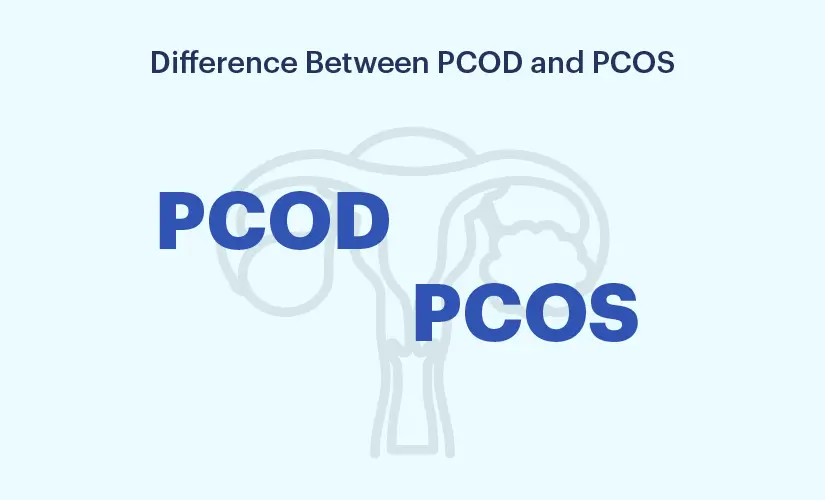
- PCOD (Polycystic Ovary Disorder) and PCOS (Polycystic Ovary Syndrome) are related conditions that affect the ovaries in women, but they have some distinct differences.
- PCOD is a term used to describe a condition in which multiple small cysts develop on the ovaries. PCOS, on the other hand, is a broader syndrome characterized by multiple factors, including hormonal imbalances, irregular menstrual cycles, and the presence of cysts.
- PCOD is primarily diagnosed based on the presence of multiple cysts on the ovaries and irregular menstrual cycles. PCOS, in addition to these criteria, also involves hormonal imbalances, such as elevated levels of androgens (male hormones) like testosterone.
- Menstrual irregularities are common in both PCOD and PCOS, but PCOD is typically associated with infrequent or absent periods, while PCOS often involves irregular or heavy menstrual bleeding.
- PCOD is generally considered a milder form of the condition, while PCOS is typically more severe and can have broader effects on a woman's health, including fertility issues, insulin resistance, weight gain, and increased risk of metabolic disorders like diabetes.
- PCOS is often associated with symptoms such as acne, hirsutism (excessive hair growth), and hair loss, which may not be as prevalent in PCOD.
- While the exact causes of PCOD and PCOS are not fully understood, both conditions are believed to involve a combination of genetic and environmental factors, including hormonal imbalances, insulin resistance, and inflammation.
- Treatment approaches for PCOD and PCOS may overlap and generally focus on managing symptoms and underlying hormonal imbalances. Lifestyle modifications, such as a healthy diet, regular exercise, weight management, and medication, may be recommended for both conditions. However, the specific treatment plan may vary depending on the individual and the severity of the condition.
- It is important to note that PCOD and PCOS are not mutually exclusive. Some women may be diagnosed with PCOD initially and later develop the full spectrum of symptoms associated with PCOS.
Understanding the differences between PCOD and PCOS is crucial for accurate diagnosis and appropriate treatment. Healthcare professionals need to assess individual symptoms, perform hormonal evaluations, and conduct physical examinations to determine the most appropriate course of action.
Conclusion
While PCOD and PCOS are related to female hormonal disorders, they differ in terms of scope and clinical implications. PCOD refers to the structural appearance of polycystic ovaries, whereas PCOS encompasses the syndrome characterized by hormonal imbalances, menstrual irregularities, and metabolic disturbances. Seeking medical advice and guidance is essential for accurate diagnosis and tailored treatment options. If you are experiencing the symptoms of PCOD or PCOS you would do well to contact a doctor for an expert opinion. You can visit www.carehospitals.com to book an appointment.

ENQUIRY FORM
SELECT CATEGORIES
-
Neurosciences (16)
-
Neurology (37)
-
Neurosurgery (14)
-
Orthopaedics (48)
-
Oncology (33)
-
Obstetrics and gynecology (52)
-
Pulmonology (23)
-
Urology (20)
-
Nephrology (13)
-
Psychiatry (7)
-
Dietetics and Nutrition (111)
-
General Medicine (63)
-
Cardiac Sciences (32)
-
Vascular & Endovascular Surgery and Interventional Radiology (15)
-
Gastroenterology (46)
-
Endocrinology (23)
-
Plastic Surgery (10)
-
Critical Care Medicine (5)
-
COVID-19 (16)
-
Dermatology (16)
-
Emergency Care (1)
-
Ophthalmology (4)
-
Pediatrics (14)
-
Laparoscopic and Bariatric Surgery (8)
-
ENT (15)
-
Kidney Transplant (1)
-
Liver Transplantation and Hepatobiliary Surgery (5)
-
General Surgery (3)
-
Internal Medicine (5)
-
Medicine Information
Why Avoid Bananas During Pregnancy?
Foods to Avoid During Pregnancy
YOU MAY ALSO LIKE
RECENT BLOGS
-

Preterm Birth (Premature Birth): Symptoms, Causes, Treatment and Prevention
13 May 2025
Read More
-

Rotablation Angioplasty: Benefits, Treatments, And Recovery Time
9 May 2025
Read More
-

What Is The Difference Between IUI and IVF?
9 May 2025
Read More
-

Venous Malformations: Causes, Symptoms, and Treatment
30 April 2025
Read More
-

Varicose Vein Foam Sclerotherapy: Treatment, Benefits, and Procedure
30 April 2025
Read More
-

Radiofrequency (RF) Ablation Treatment for Varicose Veins: Know More
30 April 2025
Read More
-

Varicose Vein Sclerotherapy: Treatment, Benefits, and Procedure
30 April 2025
Read More
-

Varicose Vein Endovenous Laser Ablation: Procedure, Benefits, Risks
30 April 2025
Read More
Have a Question?
If you cannot find answers to your queries, please fill out the enquiry form or call the number below. We will contact you shortly.
















